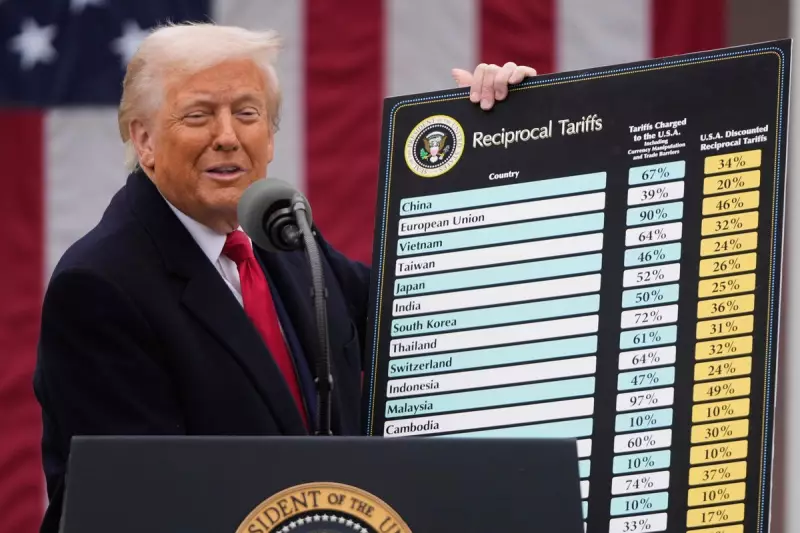
In a dramatic legal development that could reshape America's trade landscape, the US Supreme Court has delivered a decisive blow to Donald Trump's controversial tariff agenda. The nation's highest court has firmly rejected the former president's attempt to resurrect his aggressive trade policies, dealing a significant setback to his economic vision.
Judicial Rebuke for Presidential Power
The ruling represents a substantial check on presidential authority in trade matters, with justices across the ideological spectrum finding common ground in limiting the executive branch's power to impose sweeping import taxes. Legal experts are hailing the decision as a landmark moment that will define the boundaries of trade policy for years to come.
Background of the Trade Battle
During his presidency, Trump implemented a series of aggressive tariffs on goods from multiple countries, particularly targeting China, under the banner of protecting American industries and jobs. These measures sparked retaliatory actions from trading partners and triggered widespread concern among economists and business leaders about the potential for global trade wars.
Economic Implications of the Ruling
The Supreme Court's decision has immediate consequences for:
- International trade relations and ongoing negotiations
- American businesses that rely on imported materials
- Consumer prices that had been affected by tariff costs
- Global supply chains that faced disruption from trade tensions
Political Fallout and Future Implications
The ruling comes at a critical juncture in American politics, with Trump positioning himself for another presidential run. The decision not only impacts his ability to resurrect his trade agenda but also sets important legal precedents that will constrain future presidents seeking to implement similar protectionist measures.
Legal analysts suggest this ruling reinforces the need for congressional approval on major trade policy shifts, potentially requiring closer cooperation between the executive and legislative branches on future international economic agreements.





